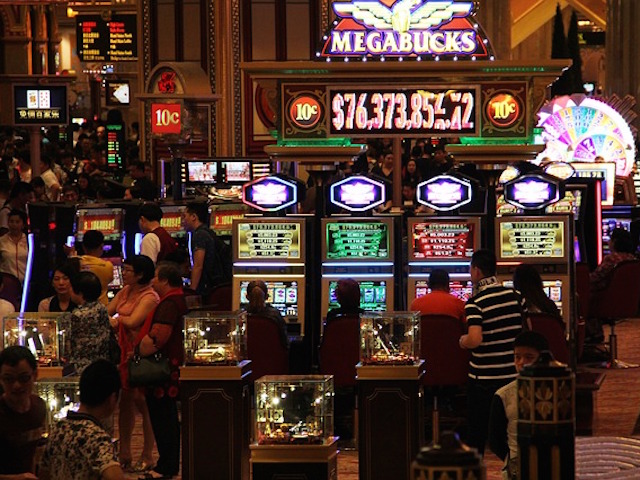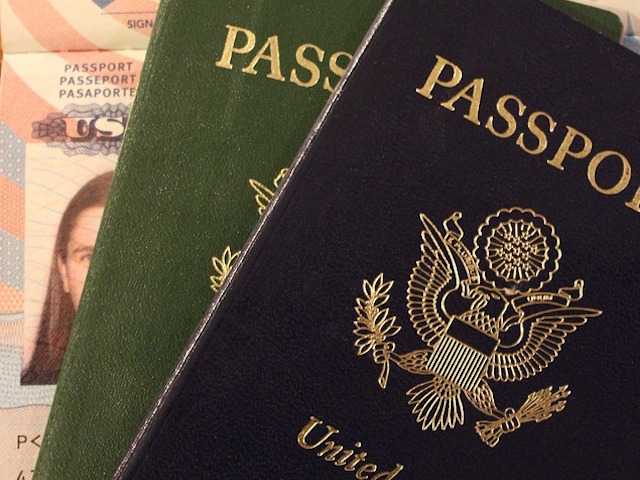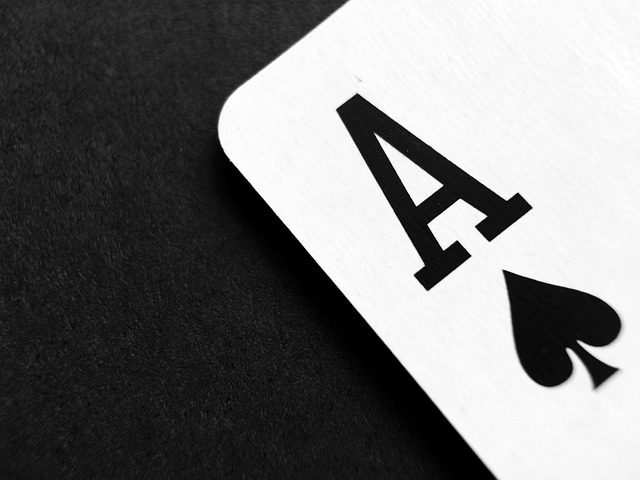The Value of Knowing Casino Procedures: Part One
Every casino has detailed house procedures, but these can vary widely from casino to casino. There is great value in knowing some of these casino-specific procedures before you play, especially if you intend to stay under the radar.
There’s a lot to discuss in this regard, so for now I’m going to focus on situations where you’re playing games with a constant edge and gaining value from increased game speed and decreased scrutiny.
I recently played a casino where I knew any table max bet on a particular carnival game required a call to the eye in the sky. This game has a fair amount of heat on it, and I have a face and name well known to casinos, so I don’t want anyone upstairs to notice me if I can avoid it.
Although a constant max bet would obviously produce more immediate EV than betting 75% of table max, in that particular situation I felt that a 75% bet had more value due to increased longevity. If I can avoid being detected and last twice as long in the process by only betting 75% of table max, my overall EV will be one and a half times higher. I also have a lower risk of ending up on a flyer or in a database, both of which are, of course, -EV.
Another area where this comes into play is during the buy-in. If I’m concerned about game speed or just don’t want the pit coming over to see what I’m up to, I can intentionally buy in for an amount under the threshold for pit approval.
I’ve even been in a session that required a lot of buy-ins, and the pit boss said, “hey Lee, if you could buy in for $900 each time instead of $1000 I would appreciate it. We’re understaffed today and $1000 requires a call to surveillance for approval.”
Of course I was happy to oblige, as the buy-ins were now faster and the EITS wasn’t being reminded of my presence every time I bought in.
On the flip side, if I want to slow the game down for any particular reason, I may buy in for an amount that I know will take longer to get approved, and I may do this at a time when the pit boss seems tied up in something else. This is assuming that I don’t think the extra scrutiny will pose a threat.
The reverse of this situation is one of the most important examples of knowing casino procedure when playing constant-edge games: achieving maximum game speed.
On carnival games especially, game speed can be atrocious. If you’re regularly receiving payouts over the amount a dealer is allowed to pay without approval, it may actually be +EV to bet less in order to increase game speed. If you want to bet $300 on Three Card Poker, for example, but notice that a payout over five black chips requires approval, you may actually make more EV per hour by betting $250, depending on how slow payout approvals are.
If you know a casino’s procedure for monitoring bets of a certain size, requiring approval for buy-ins, and requiring approval for payouts, you can manipulate your approach to maximize EV. Edge and bet size are only two parts of the EV puzzle.








